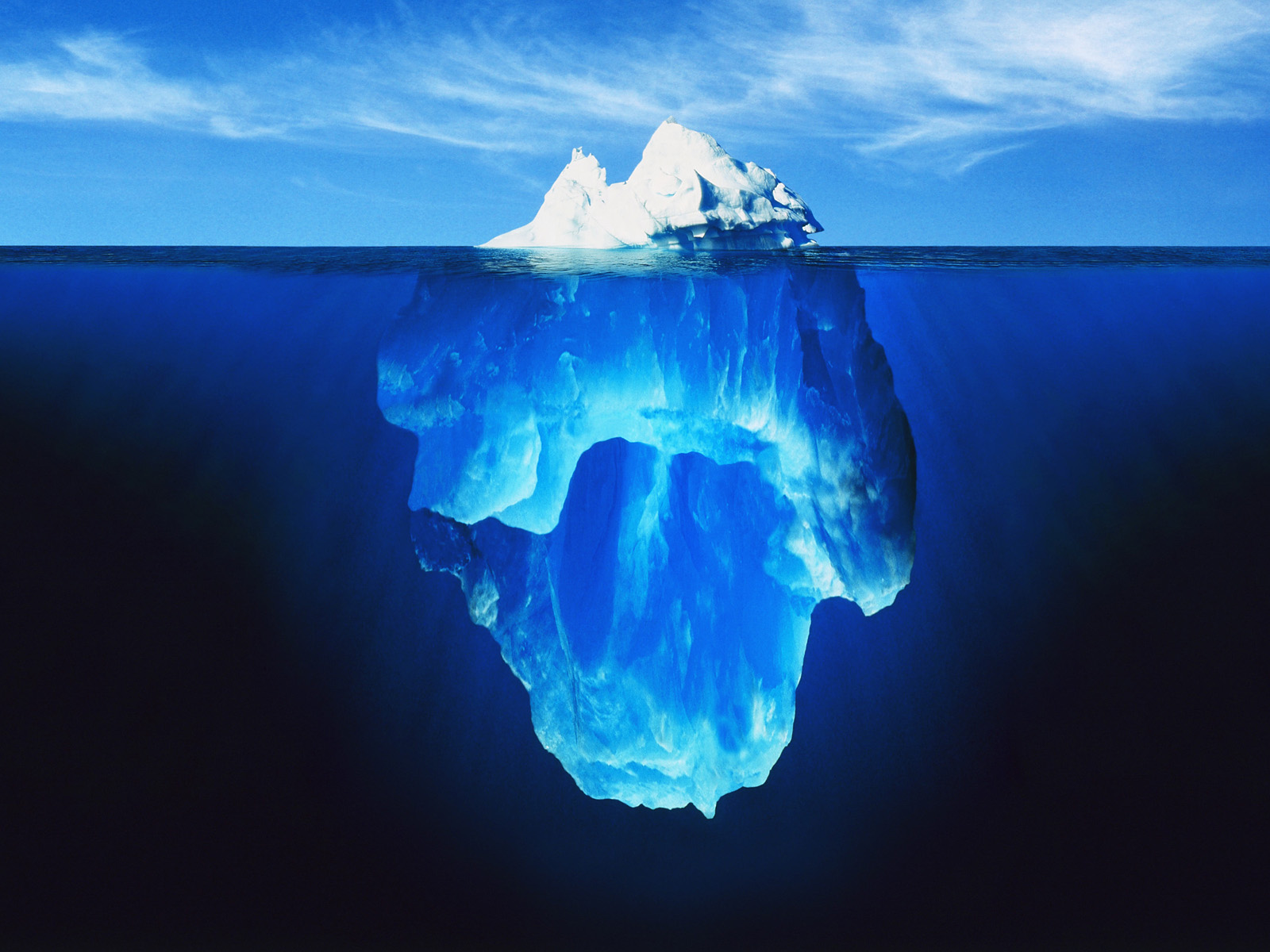
Grand Tetons National Park is just ten miles south of Yellowstone in Wyoming and is one of the few places that boasts roughly the same wildlife population it had historically. The famous Snake River flows through it vertically and there are countless lakes formed by glaciers. It was bordered at the edges by private ranchers who were given ‘grandfather permission’ to continue to graze their cattle on park land, for their lifetime and the life of their heirs.
Apparently Wyoming is worried that it doesn’t have enough beavers in the park, and has noticed that the population is going down, not up. Beaver friend Sherry Guzzi has a sister in Jackson Hole who sent her this article.
Grand Teton Beavers Take Unexplained Dive
Number of colonies cut in half since 2006 professor says.
Mike Koshmrl: Jackson Hole News
 I put the article on our website here if you want to read for yourself. It speculates that the population decline may have something to do with drought, but I’m not wild about that idea. I think if you had beavers you wouldn’t have had those streams dry up in the first place. The article described several folks scratching their heads about the population decline, but I’m inclined to wonder about their ‘wonder’.
I put the article on our website here if you want to read for yourself. It speculates that the population decline may have something to do with drought, but I’m not wild about that idea. I think if you had beavers you wouldn’t have had those streams dry up in the first place. The article described several folks scratching their heads about the population decline, but I’m inclined to wonder about their ‘wonder’.
Let’s look, for example, at the USDA beaver trapping numbers for 2009, which I happen to have access to. 58 beavers were killed in Wyoming, with methods ranging from snares to firearms. 67 beavers were killed in nearby Idaho that same year. 189 in Colorado and 10 in Utah. (The stats for Montana say that zero beaver were killed by USDA in 2009, but since it also lists 493 bison killed by helicopter I have to those doubt that beavers fared much better.)
That’s 324 beavers killed in a single year in the states surrounding Grand Tetons. Which is about 64 colonies more or less. And that’s just USDA stats, and doesn’t count the permits issued or folks who eliminate beavers on private lands. I’m not saying that all those missing beavers were killed, but adding up the impact when every stream feeding the park is trapping beaver, AND cattle are grazing on the riparian border, AND climate change is forcing them to work harder, the collective impact adds up.
I wrote Dr. Glynnis Hood about the article this morning and this was her response:
Beaver populations can fluctuate due to drought, disease, poor resource availability, and increased predation. In our area, I’ve seen cases of tularaemia cycle through following a drought – mainly because dispersal can be repressed and the lodges have more beavers in them for longer periods of time than they would in the good years. Just like with people, crowding and disease can go hand in hand. The population I’m studying right now decline to a third of what it was prior to the most recent drought (2008 -2009), but is beginning to make a comeback.
Which I’m sure is true, and I’m very grateful that I can send a question to a great mind like Dr. Hood and get an answer back, but I have to wonder. What if beaver populations are on the decline everywhere and we don’t notice because we all stopped counting? What if Wyoming is just this?







































